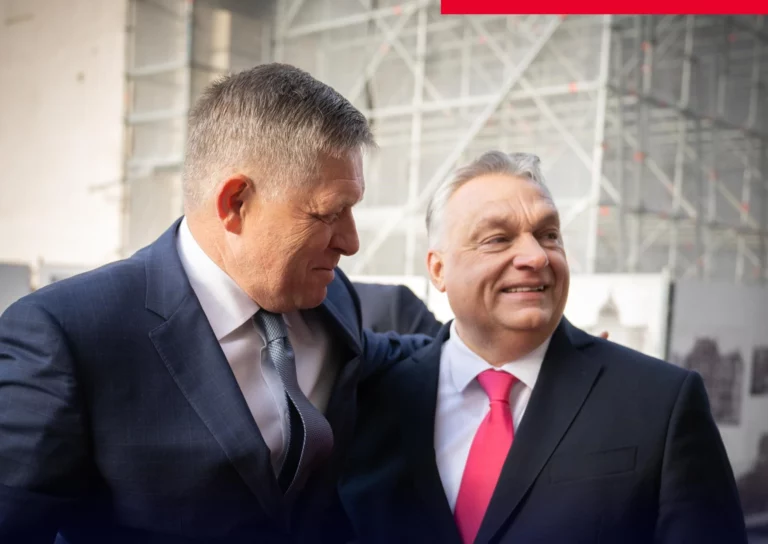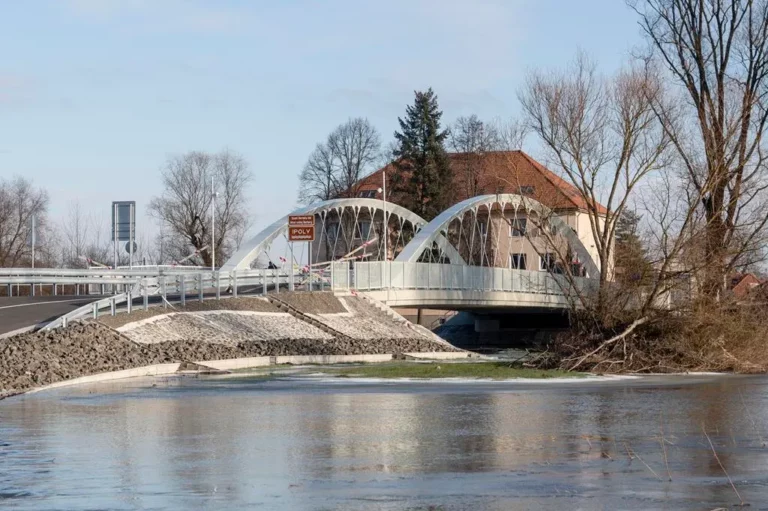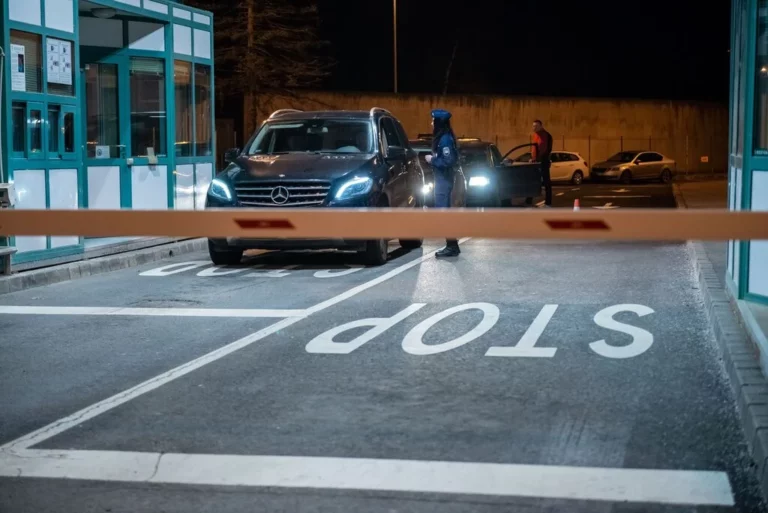Slovakia
Visegrád 4 countries protest against EU policies

Hungarians celebrated the Day of Hungarian Culture

Orbán expects a busy year in diplomacy in 2024

PM Orbán – PM Fico summit: Hungary has a new ally in the EU

CEE ministers press EC for steps to manage Ukraine grain glut

PM Orbán’s new Central European ally comes to Budapest next week

PHOTOS: New Ipoly-bridge inaugurated

Refuelling in Hungary? Fuel is cheaper in almost all neighbouring countries

Attention! Major change coming to the Hungarian-Slovakian border in weeks

Breathtaking VIDEO: The 17th-century castle of Fülek reborn

Orbán’s closest political advisor will help Trump win the presidency?

Hungary-Slovakia ties in peak shape

Orbán cabinet: Hungary exempt from the provisions of the new EU sanctions package

PHOTOS: New Danube bridge opened between Hungary, Slovakia

Visegrad Group interior ministers meet with the counterparts of Germany and Austria

Is a disaster coming? Shocking decline of Hungarians living beyond the borders

Lots of foreigners buy property in Hungary: these are the most popular places

Hungarian castle hotels bagging prize after prize





 ZH
ZH IT
IT DE
DE HR
HR NL
NL FR
FR JA
JA RO
RO RU
RU ES
ES TR
TR
